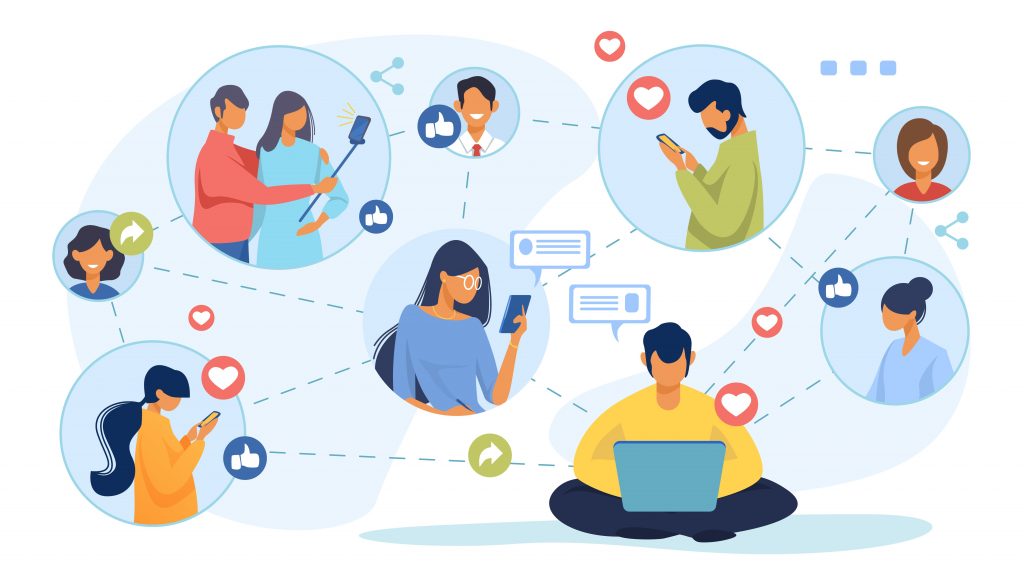Particularly for introverted children who are taught at home, it might be difficult for teachers and parents to help their children develop social skills (also known as “people skills”). The good news is that social skills education is accessible to children of all ages. Teaching children to get along with others is just as important as teaching them academic topics like arithmetic and reading. Also, students can gain a lot of confidence and socialise more easily with their peers if they work on their interpersonal skills.
The people skills your child develops now will serve them well throughout their academic career, from elementary school through high school and beyond. The following are some examples of people skills:
• Effective, respectful communication
• Aware listening
• Confidence in one’s own abilities to cope with difficult situations; social and emotional learning
• Resolving Conflicts
• Collaboration
• Solving problems
Interpersonal competence has a wide range of positive effects on children, including increased self-awareness, self-esteem, and emotional intelligence. Students can gain from developing interpersonal skills whether they attend a conventional school or study independently at home. Students that acquire these abilities will reap many additional rewards, including but not limited to the following:

• Bonding with others over shared passions
• Making new friends
• A sense of community and acceptance
• Lifting spirits
• To make acquaintances and connections
• Cultivating a positive outlook
Team-building exercises in the workplace have the same effect on employees as they do on students by fostering communication and camaraderie. As important as it is for children to learn interpersonal skills for communicating with adults (parents, teachers, peers, future employers, etc.), children can benefit greatly from developing these skills because it allows them to meet new people, strengthen existing relationships, and create new, more fulfilling ones. A few suggestions for helping elementary school through high school students build friendships and community:

Possibilities for Volunteer Work
Volunteering is a wonderful, low-stakes approach to developing social skills as a family or as an individual. Initiate the process by compiling and providing your student with a list of potential volunteer activities in the region. They will improve their social skills and feel good about contributing to a cause they believe in at the same time.
Clubs
Your introverted student will benefit much from joining a club. Think about letting your kid join a club or do something fun after school. They will be able to meet other people who are interested in the same things as them in this activity. Joining a club, like one for the arts or the sciences, can also be a wonderful way for people to meet one another and bond over shared interests.
Community Activities
Participating in group activities is a terrific opportunity to practise social skills while also having a good time. It would be best if you began by compiling a list of your child’s preferred topics of study and extracurricular pursuits. I was wondering if they prefer to play sports to keep themselves active. Try joining a club sport or a jogging group at your university. Are they the kind who enjoys making things out of nothing? There could be a workshop or a short course lasting a couple of weeks in the arts. Your child may benefit from participating in extracurricular activities and events at a community centre.
